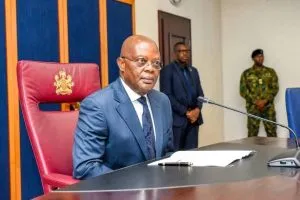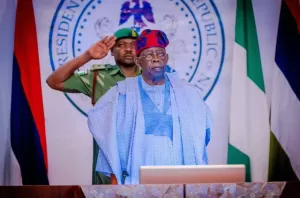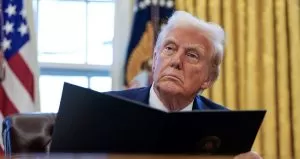House of Representatives Approves State of Emergency in Rivers State

The House of Representatives has approved President Bola Tinubu’s declaration of a state of emergency in Rivers State, which includes the six-month suspension of Governor Sim Fubara, his deputy, and all elected members of the assembly. This decision was made via a voice vote, effectively granting the president’s proclamation the necessary legislative backing.
Constitutional Provisions
According to the Nigerian Constitution, the president can declare a state of emergency under specific circumstances, including war, breakdown of public order, or natural disasters. However, lawyers have faulted the suspension of Fubara and other elected officials, arguing that the president has no constitutional authority to do so.
National Assembly’s Role
The National Assembly’s approval of the state of emergency is subject to strict constitutional provisions to prevent abuse. The declaration can be revoked by the president or the National Assembly at any time, and its duration is initially six months, with possible extensions.
Rationale Behind the Declaration
President Tinubu declared the state of emergency in Rivers State due to the lingering political turmoil in the state, which has led to the destruction of national assets. The president has appointed Vice Admiral Ibok-Ete Ibas (rtd) to oversee the affairs of the state during the six-month suspension period.
Reactions and Controversy
The suspension of Governor Fubara and other elected officials has sparked controversy, with some arguing that the president’s actions are unconstitutional and amount to an abuse of power. Others have expressed concern about the implications of the state of emergency on the state’s democracy and governance.
Conclusion
The House of Representatives’ approval of the state of emergency in Rivers State marks a significant development in the ongoing political crisis in the state. As the situation continues to unfold, it remains to be seen how the state of emergency will impact the state’s governance and democracy.






